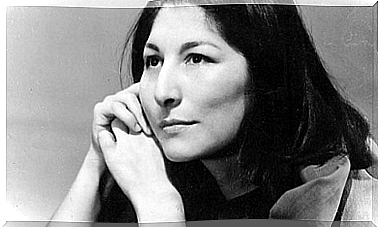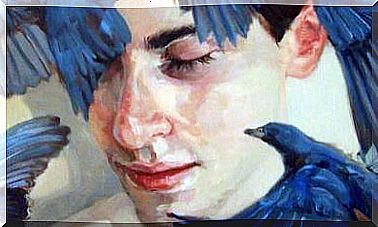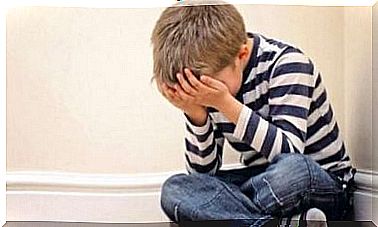Losing A Parent: The Worst Thing That Can Happen To Children
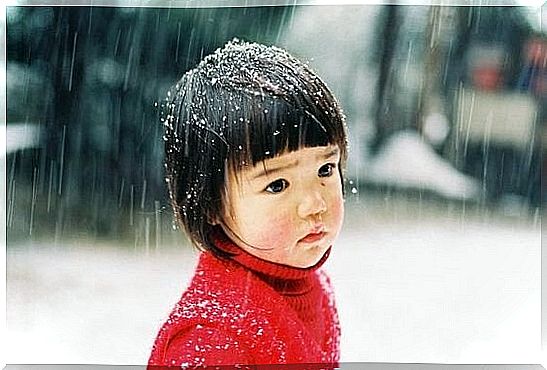
That’s how Rafael Narbona begins his testimony. He is a man who lost his father at a very young age. This is a situation that marked his life forever. It serves as proof that the loss of a parent is the worst thing that can happen to a child.
During childhood, children develop a special bond with their parents. In most cases, this bond is positive and unconditional. Thanks to their parents, children experience the first contact that will shape their future relationships. Their support, and function as role models, pave a way that is still unknown to the children… Remember that children are just beginners in the game of life. So when parents die at a young age, it can be a very hard blow that affects them in a profound way.
Why me? What would have happened if my parents hadn’t died? What would they have to say about my current life? Would they be proud of the decisions I made? These are questions that have no right or wrong answer. Yet these are questions that people will remember for the rest of their lives after the loss of a parent.
The loss of a parent leaves a permanent mark, be it a scar or an open wound
Rafael Narbona still feels how hard it was for him to lose his father to a heart attack at the age of 8. The misunderstanding of this unexpected event led him to ask himself, “Why me?” During school breaks, he sought out solitude when he should have been enjoying life with other children.
You may think from an adult’s perspective that children tend to forget things quickly. However, this is not the case for major life events. A child experiences everything that happens to him with great intensity. And the stamp that every event leaves is very hard to erase. The grief of that moment, seeing other children with their parents and rejecting this new, unknown, painful reality of death can carry a child with him for the rest of his life.
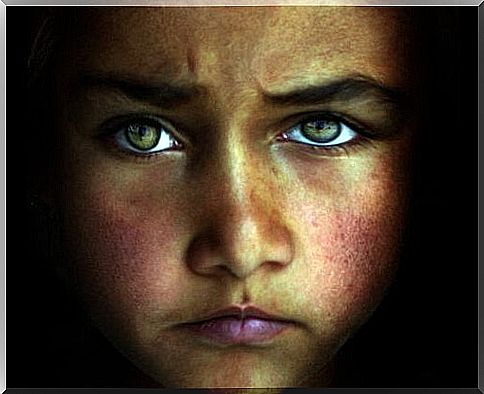
The loss of a parent initiates a process of grief with successive stages. The duration of these phases depends on the person undergoing them. It also depends on the extent to which this person is affected by the situation. The initial anger, resentment and denial should be replaced with sadness and acceptance afterwards. In the case of Rafael Narbona, the anger and resentment took quite some time to dissipate. They were especially intense during his adolescence.
Rebelling against authority figures and sometimes not respecting curfews is not indicative of a lack of education. Sometimes it indicates a terrible pain that someone carries within them. It is a way of showing his unhappiness over something that is still rejected by his inner world.
Sorrow turned into peaceful nostalgia
Like many other children who have suffered the loss of a parent, the constant struggle against the world that manifested itself as anger eventually passed on to Narbona. He turned into a professor, journalist and writer, just like his father. In his pain, he idealized his father until he reached a turning point and decided to follow in his footsteps. Nevertheless, his sadness remained. He went through a healing process that made him see his father as imperfect, but real.
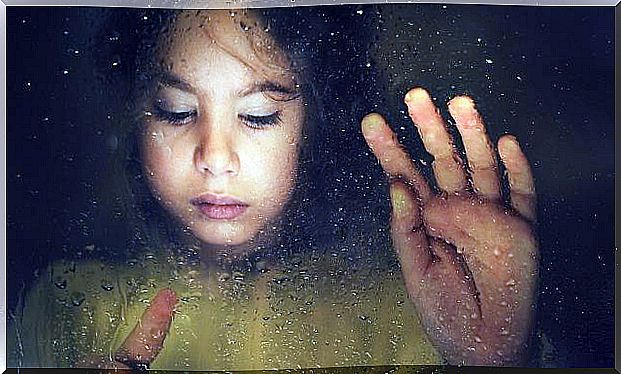
Children of deceased parents tend to cling to an idealized image, while at the same time rebelling against the world that has taken their loved one from them. Sometimes children follow in their footsteps because of a deep-seated desire. Not a desire to replace their parent, but to be closer to this beloved individual. However, the deep sadness and sense of anger at the world that robbed them of the person they miss so much still exists.
Children suffer a lot when they lose one of their parents during their first years of life. That’s why it’s important to give them the opportunity to express their feelings. They should be able to talk about it and how they feel. This helps prevent their emotions from stagnating in them, without taking on any meaning or purpose. If not, the emotions are likely to recur at later stages in their lives. And in this case, they will appear much more intense. At that point, you will be less able to help your child.
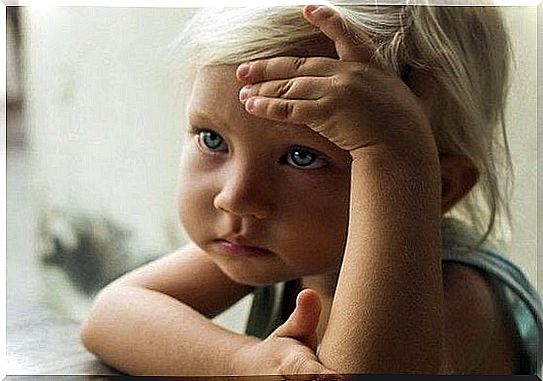
Conclusion
We cannot avoid what is happening. But we can grow stronger with every blow we take. This is an opportunity to learn and become more resilient. To mature at your own pace. To realize that life isn’t against you, it just is what it is – sometimes random and fickle. Eventually, thanks to acceptance, the sadness and longing for this lost parent will turn into peaceful nostalgia.

